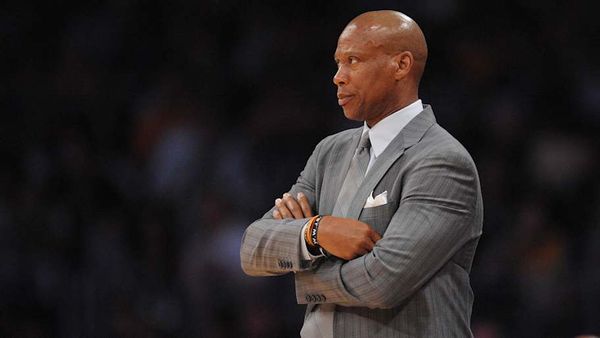
At the cinema, too many sequels feel like little more than tawdry cash-ins designed to capitalise on the success of an earlier film. The motivations for making video game sequels can be similarly ignoble, but there is one big difference: often video game sequels are better than the originals. Newer developers get better at making games every year, a process bolstered by improving technology. Worlds can be larger and more convoluted, sound and visuals get all-new Ultra HD sparkle.
Now developers have a new toy to play with in the form of virtual reality. Resident Evil 7 (PS4, PSVR, Xbox One, PC) is a game that benefits enormously from being playable entirely in VR. Although its claustrophobic interiors and the creatures that populate them are unnerving in the game’s default first-person view, when seen from inside a VR headset they become a lot more terrifying. Channeling Evil Dead II and The Texas Chainsaw Massacre, the game puts you in the dilapidated home of the Baker family, a collection of killer hillbillies, from whose clutches you have to escape. Like 3D films, the game is fond of hurling things right into your face, whether it’s the carving knife-wielding apparition that used to be your character’s girlfriend gamely trying to gouge your eyes out, or one of the game’s other lumbering terrors, who specialise in materialising right next to you, ready to lunge.

In case you were feeling the intensity of this experience didn’t sound like enough to ensure post-traumatic stress disorder, there’s also the Resident Evil 4D Candle (£14.99), which promises to release the scent of “wood, sweat and fear” into the room as you play. In practice, its not-totally-unpleasant odour is a bit like creosote mixed with subtler notes, which do quite nicely match the rotting interiors and crawl spaces you inhabit. With or without that olfactory fourth dimension, this is a game that puts the dread back into a franchise that in recent years had become more like a zombie-themed shooting gallery.

A prequel as opposed to a sequel, Yakuza 0 (PS4) takes you right back to the beginning of the six-part RPG series to find out how the games’ brooding hero got involved in the business of organised crime. Set in an 80s Japanese world of pagers, payphones and shoulder pads, your budding hood-with-a-heart sets about beating the living daylights out of innumerable antagonists on the way to becoming the Yakuza equivalent of a made man. By gaming standards the pacing and character development have been refined to a high art, with the game’s lengthy conversations and cut scenes working unusually well in drawing a portrait of a man more complex than the usual video game thug. The fighting gets a bit repetitive, but the game is refreshingly averse to gun violence, with most battles relying on fists, feet and makeshift weapons, from beer crates to downed enemies’ baseball bats.

The last of the month’s repeat offenders is Gravity Rush 2 (PS4), a surprise for many given that its predecessor was a relatively minor release on PS Vita, Sony’s superb but underrated portable games machine. The action kicks off straight after the end of the first game, with your hero initially able only to walk and jump before finding her magic cat, which lets her control gravity, “falling” in whichever direction she’s facing at the time. In practice that means you can fly around levels and walk along ceilings provided you keep an eye on your magic meter. If you run out while still airborne, gravity comes rushing back, leaving you plummeting uncontrollably to the ground. This is a game that deserves the attention its handheld-only forebear failed to attract.

Although not available until next month, Nintendo also used a sequel – The Legend Of Zelda: Breath Of The Wild – to announce the launch of its new console, Switch (£279.99, out 3 Mar), which lets you play games on TV or unclip the console for portable use. Zelda looks enticing, but the dearth of games from developers other than Nintendo will worry anyone who watched the Wii U’s spiral into oblivion, laid low by exactly that problem. Caught in the paradox of trying something boldly different while simultaneously making the same old mistakes, Nintendo remains as entertainingly eccentric as ever.







